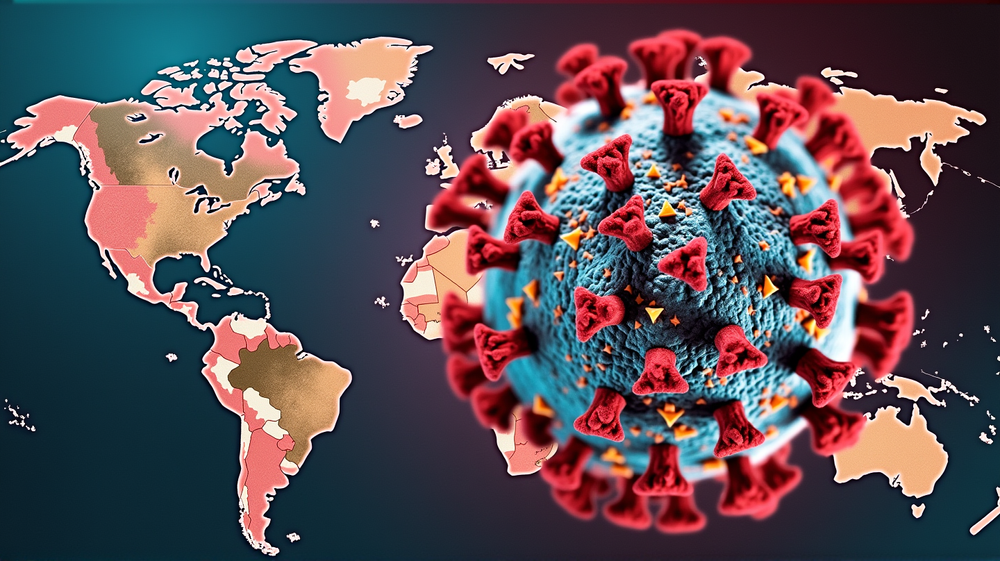The global landscape has been drastically altered since the emergence of COVID-19, caused by the SARS-CoV-2 virus, which was first reported in Wuhan, China, in late 2019. This brief article offers insights into the crisis, highlighting both the advances and setbacks experienced worldwide.
The Emergence and Global Spread
In December 2019, a seafood market in Wuhan was identified as the epicenter of SARS-CoV-2, the virus responsible for COVID-19. The pandemic quickly became a universal challenge, with numerous nations experiencing waves that tested healthcare systems and altered daily life.
India’s Battle with the Pandemic
India has been significantly impacted, with waves of infections claiming over half a million lives. As the nation attempts to navigate this crisis, the new Omicron BF.7 variant has emerged, demonstrating even higher transmissibility than its predecessors. This has prompted health authorities to maintain vigilance despite ongoing vaccination efforts.
Omicron Variant: A New Threat
The Omicron BF.7 sub-variant has sparked particular concern due to its rapid spread, notably predicted to affect a large portion of the Chinese population in just three months. Characterized by mild to severe symptoms, the variant emphasizes the continued need for public health measures such as social distancing, mask-wearing, and vaccination completion.
Vaccinations: A Ray of Hope
Vaccines remain a cornerstone in the global fight against COVID-19. While vaccines provide a means to reduce severity and transmission, the constant evolution of the virus underscores the necessity for booster shots and adherence to health protocols.
Global Case Statistics and Preventive Measures
According to Hindustan Times, the global statistics underscore the pandemic’s gravity, with millions affected worldwide. Countries have opted for measures like lockdowns, restrictions on gatherings, and rigorous testing to curb the virus’s spread.
Resilience and Future Outlook
Despite the challenges, there is optimism in scientific advancements and international collaboration. As healthcare systems evolve in response to emergent threats, the collective efforts of individuals, communities, and governments will shape the future trajectory of COVID-19 recovery.
The persistent fight against COVID-19 serves as a stark reminder of the importance of global unity and innovation in surmounting one of the most formidable public health challenges of this era.













